There is a lack of representation of women aged 40+ in fitness. Rachelle Ballard-Clayton is shifting that pattern by basing her approach to training womxn on their shifting internal landscape and cyclical patterns.
In this episode:
- A little pre-interview solo ramble on systemic racism and unrecognised privilege in yoga/wellness/spirituality worlds
- Training womxn and running a fitness business, without body transformations or weight loss challenges (!)
- The importance of strength training – as opposed to just cardio and yoga - for womxn, especially those over 30 years of age
- Movement and the menstrual cycle: adapting your training to the hormonal fluctuations of one’s menstrual cycle - or mood cycle for peri-menopausal womxn
- What movement might look like for a midlife womxn
- Why we might find ourselves at this stage of life feeling less likely to move, more burnt out than ever and what we can do about that
- Throwing all expectations of what we should be doing out the window
- Understanding what our bodies are doing by tracking cycles
- How to work with and not against your body
- Why some weight gain around menopause is normal and protective
- “Focus on what you can do, and understand YOU better”
PLUS, some post interview-thoughts on:
- Rites of Passage in womxn’s lives, also known as the blood mysteries – menarche, childbirth, menopause
- The phenomenal benefits womxn get from strength training
- Better indicators of fitness than six pack or how lean you are
- “Does weight training make you bulky?”
- #YogaEveryDamnDay – with no other form of movement - is non-sensical
- What yoga is missing that strength training can provide
- What my own personal movement practice looks like
About Rachelle:
Rachelle Ballard-Clayton owns MEE Active a Womxn’s health and movement coaching practice on the Gold Coast, Australia and delivers her programs worldwide. She creates a safe space for midlife womxn to step off the sidelines & connect deeply with their mind & body.
Rachelle's Website, Instagram & Facebook
Resources mentioned:
- Wild Power by Alexandra Pope
- The Optimised Woman by Miranda Grey
- The work of Jane Hardwicke-Collings
- Casey's articles on why strength training is especially helpful for breastfeeding women here and here
- Will Lifting Weights Make Me Bulky?
Support the show!
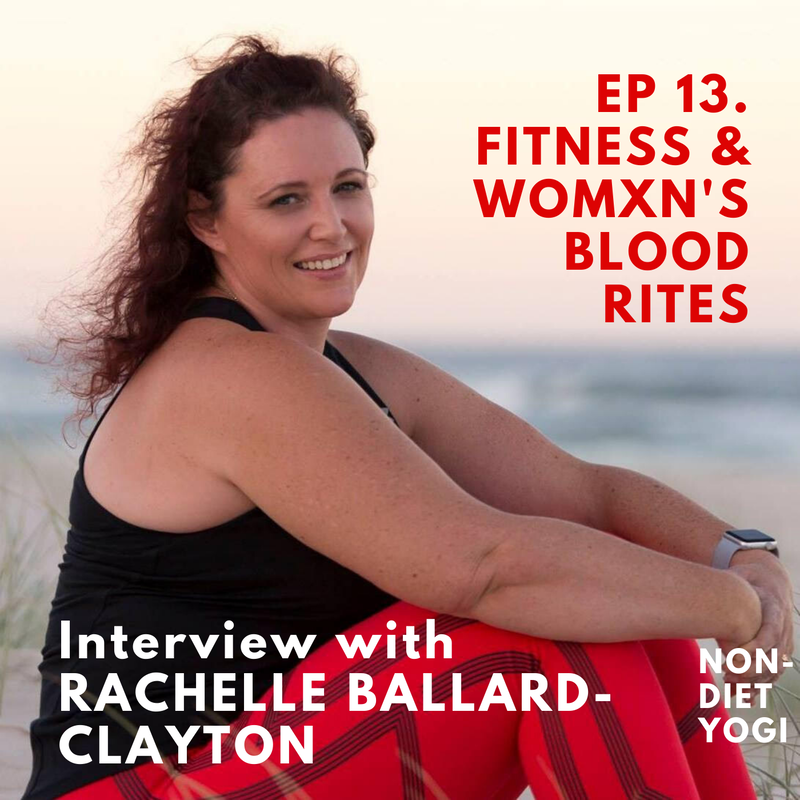

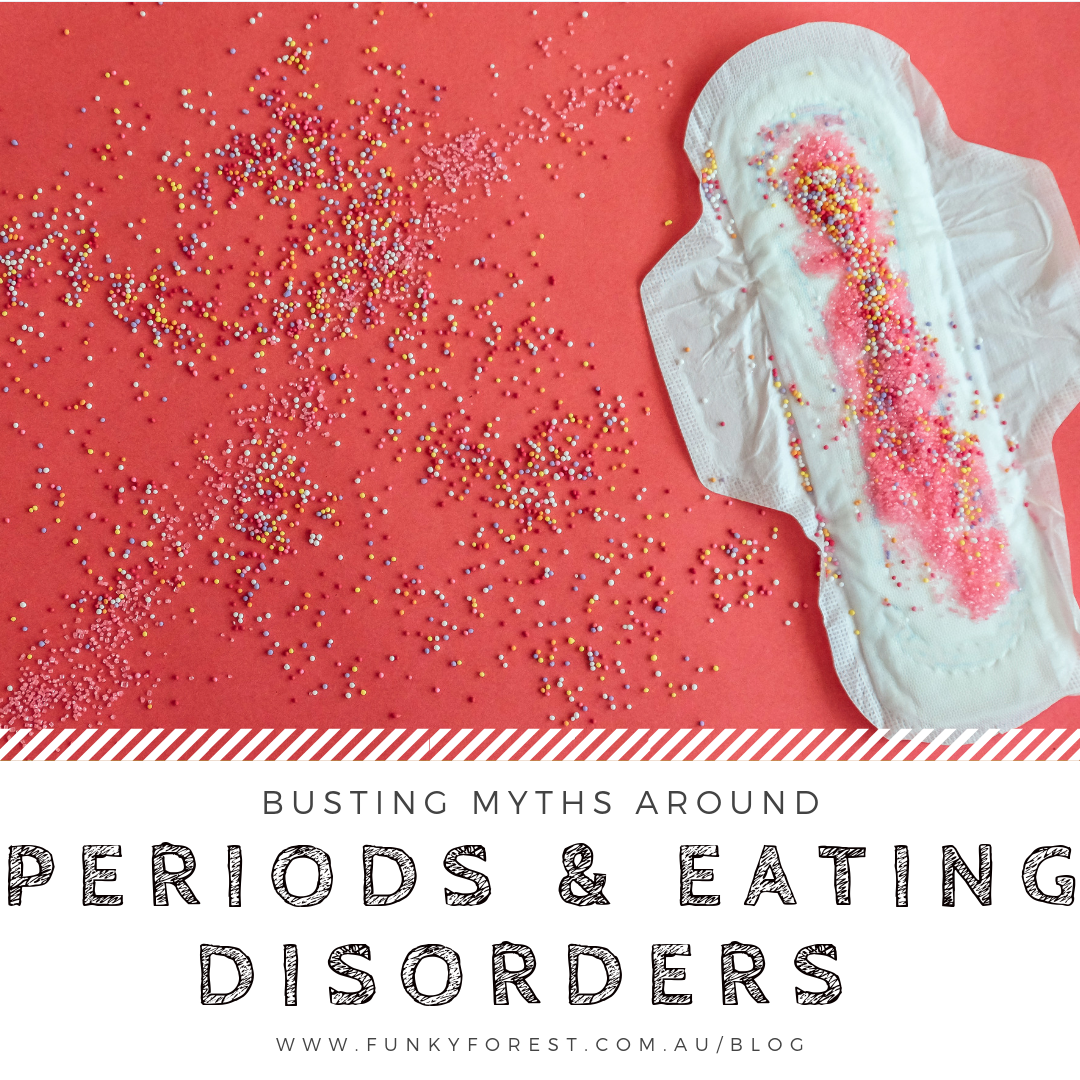
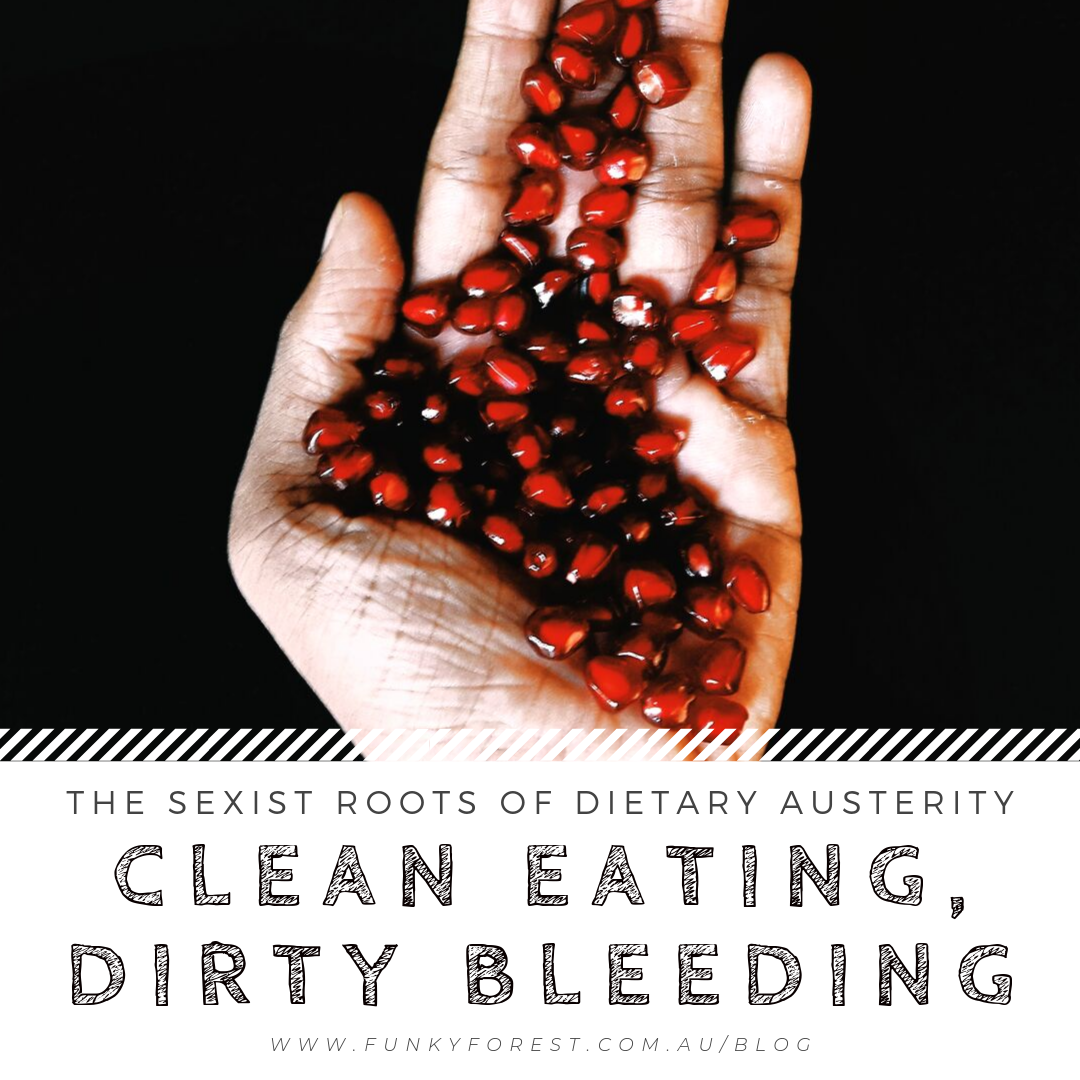
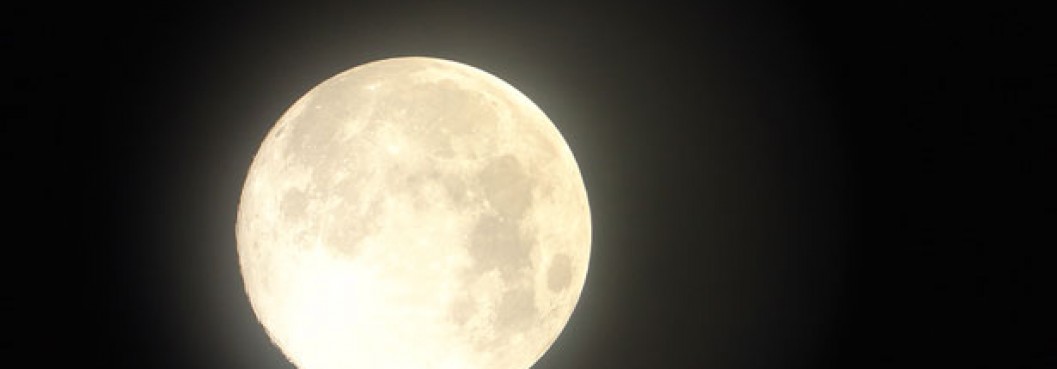
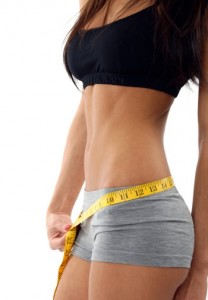

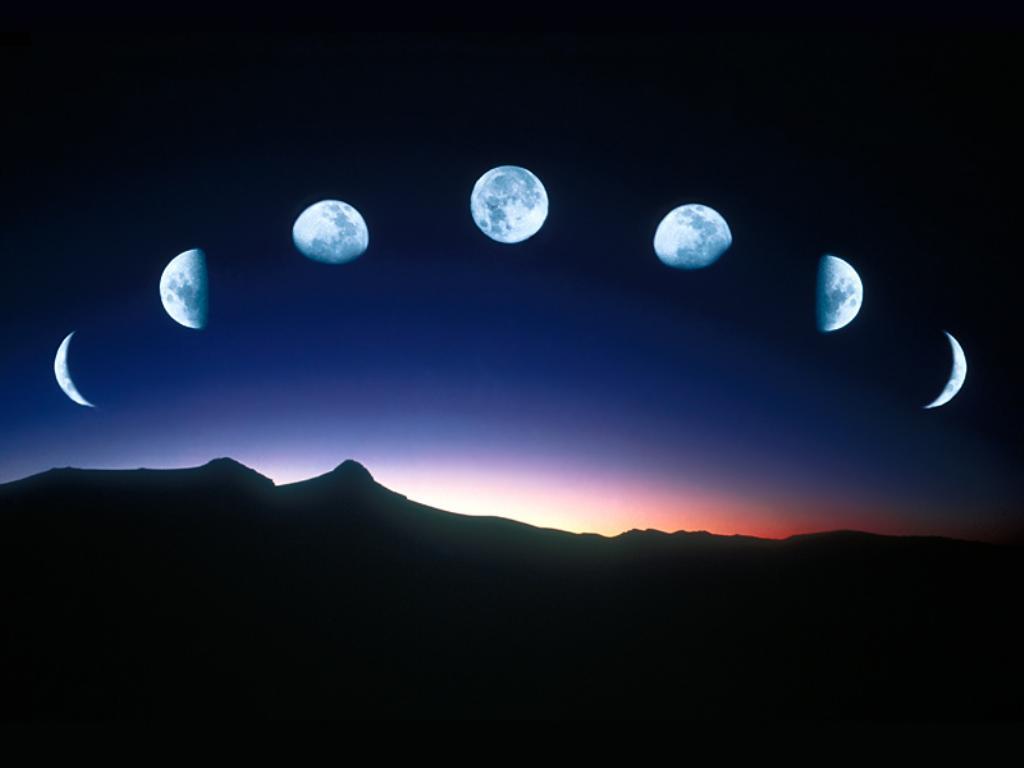
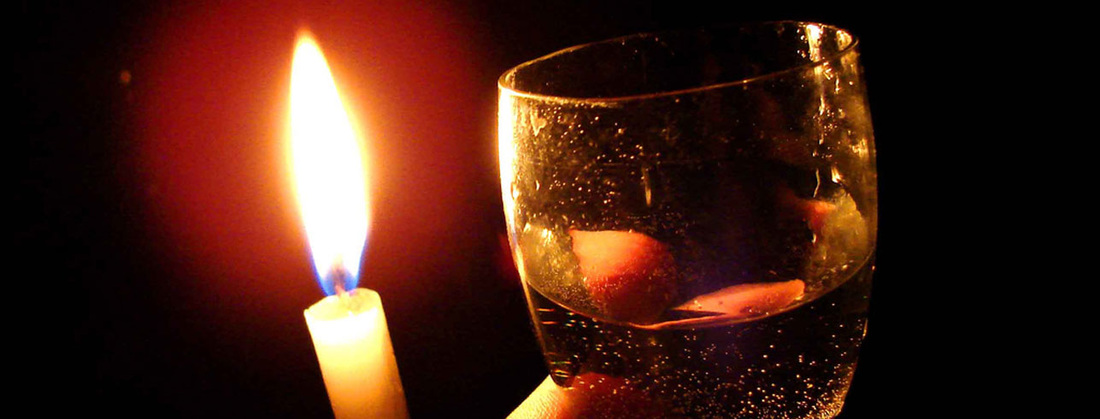
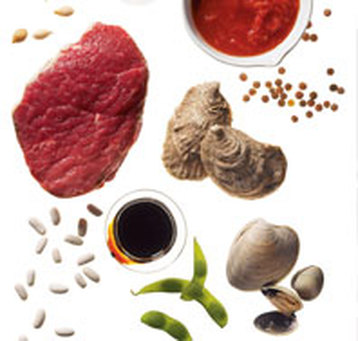

































 RSS Feed
RSS Feed



